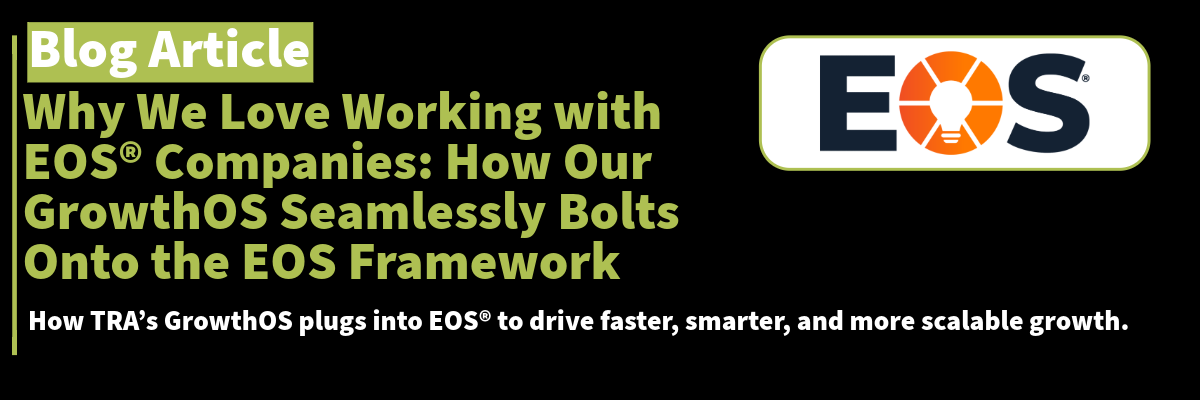Introduction
Marketing Automation can transform a marketing team, allowing growing businesses and startups to level the playing field and compete with more prominent organizations. While the quest to garner customer attention never ends, marketing automation has become an industry standard to streamline and optimize marketing processes.
Data shows that the marketing automation space will account for over $9.5 billion by 2027. Marketing automation is a specifically designed technology that makes it easier to manage marketing campaigns and processes on various channels.
Whether it’s social media, the web, or email, you can manage multiple marketing channels and processes automatically. Enterprises can measure and streamline their marketing tasks and workflow through marketing automation. Once companies optimize operational efficiency, it is a matter of time before they can generate more revenue.
Rise of Marketing Automation
Today, over 50% of companies leverage marketing automation, and the rest intend to adopt it soon. Stats also show that almost 70% of marketing-based leads come into the fold by using marketing automation. In terms of the usage of marketing automation, artificial intelligence and the Internet of Things have had the biggest growth.
There are many benefits and reasons to invest in marketing automation. Over 90% of marketing managers concur that marketing automation has become essential to ensure the long-term success of marketing efforts.
A study highlights that companies that utilize marketing automation to nurture their prospects get a 450% uptick in qualified leads. The fact is that marketing automation is growing faster in the CRM space. Salesforce reports an increase of 25% in marketing ROI right after the adoption of CRM.
Keeping that in mind, let’s look at 5 main reasons for businesses to invest in marketing automation:
1. Added Value to CRM
One of the main reasons companies should invest in marketing automation is that it brings added value to your existing CRM. On the surface, CRM and marketing automation tools are different, but they allow companies to fulfill their marketing goals faster.
Companies can use a standard CRM tool to develop contacts and improve sales efforts. CRM system solutions effectively save time storing and accessing customers’ contact information. On the flip side, marketing automation solutions revolve solely around marketing activities.
When you pair marketing automation and CRM solutions, it gives businesses added value to step up business operations. After all, marketing and sales activities go hand-in-hand. You can view your marketing and sales activities’ contacts list in a centralized spot. It allows businesses to form better relationships with specific individuals and improve outreach efforts.
2. Saves Time
Startup businesses now use marketing automation to generate leads and optimize operations. For instance, you can speed up the standard reply rate by almost 250% through marketing automation. Consequently, it improves the brand’s outreach efforts.
Additionally, businesses can automate their social media posts and ads and save more than six hours per week. Companies can also use automated tools to make clients’ appointments or meetings and save over 80% of the time. Through marketing automation, you can schedule everything in advance.
As a result, it frees more time and allows the company to concentrate on more relevant marketing activities. Marketing automation cuts out the traditional headache of scheduling and forgetting processes altogether. You can use compact marketing automation solutions like Pardot and HubSpot to seamlessly switch between platforms and save more time.
3. Lead Nurturing and Customer Acquisition
If your business revolves around sales leads rather than customer responses, you using a marketing automation solution can make a huge difference. Marketing automation tools can broaden your research and help you reach potential leads faster.
For existing leads, a marketing automation tool can help you retain those leads and improve your sales funnel. Diving deep into lead nurturing paired with data analytics is one of the quintessential elements of rolling out marketing automation. Businesses can nurture more leads through marketing automation tools than usual.
4. Personalized Campaigns
Marketing automation makes it easier for businesses to understand their customers and make prompt follow-ups. But that’s just the tip of the iceberg. With marketing automation, the extent of personalization bounds no limits. For starters, businesses can personalize emails and social media ads based on customer personas and personalized content.
Most marketing automation tools now come with personalized tokens that allow businesses to incorporate more elements in their campaigns and ads. You can create a long list of elements that can complement your social media ads, email ads, and other marketing campaigns.
Marketing automation also helps companies personalize their workflow and deliver better results. When marketing efforts are highly personalized, it allows businesses to reach out to specific target audiences and communicate the right message.
5. See the Big Picture
Without high ROI, you cannot ensure the long-term success of your business, and this is where marketing automation comes into play. It can get tiresome for companies to use several marketing tools, focus on critical marketing KPIs, and switch back and forth across platforms to complete tasks.
A dedicated marketing automation solution can tag all marketing activities with respective campaigns. A centralized view of marketing campaigns and processes helps businesses review clicks, traffic, conversion rates, and much more.
Multi-functional and robust marketing automation helps businesses see the big picture. And most importantly, it eliminates the need to switch to various platforms. Marketing automation makes it possible for businesses to access comprehensive reports and check the performance of real-time metrics.
Final Thoughts
With marketing automation, enterprises can automate, optimize, and streamline repetitive marketing tasks online. The fact that companies can now measure, optimize, and automate various marketing tasks opens up a new window of opportunities.
Whether it’s scheduling social media posts, personalizing emails, setting auto-responses, having targeted advertising, or ensuring customer segmentation, marketing automation has simplified marketing processes. Businesses can now deal with a large customer base across several channels through marketing automation.
A unified marketing automation solution helps businesses optimize workflows, personalize mid-campaign, and gain better results. While marketing automation is still evolving and has become more complex, enterprises continue to adopt and embrace this technology to leverage more benefits down the line.







